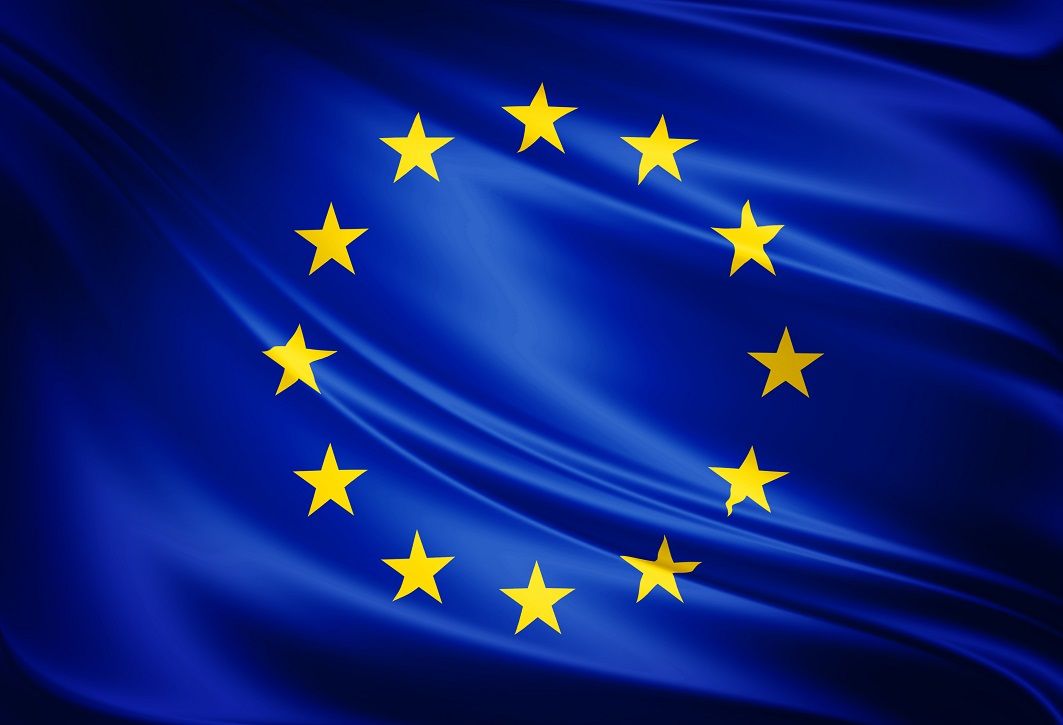EU Postpones US Tariff Retaliation, Seeks Deal by August 1

European Union Delays Tariff Measures Amid Ongoing Trade Negotiations
The European Union has made a strategic decision to delay the implementation of retaliatory tariffs on U.S. goods, which were initially scheduled to take effect on Monday. This move comes as the EU hopes to reach a trade agreement with the Trump administration before the new tariffs are set to be introduced on August 1.
European Commission President Ursula von der Leyen expressed this sentiment during a statement in Brussels, following a letter from U.S. President Donald Trump. In his letter, Trump announced a 30% tariff on imports from the EU and Mexico starting August 1. The EU had previously planned to introduce its own countermeasures beginning Monday at midnight Brussels time. However, von der Leyen stated that these measures will now be delayed until August 1, citing Trump’s letter as an indication that both sides have until then to negotiate an agreement.
Key Exports and the Need for Negotiation
Europe's key exports to the U.S. include cars, pharmaceuticals, aircraft, chemicals, medical equipment, and wine and spirits. Von der Leyen emphasized the importance of reaching a negotiated solution, stating, “We have always been clear that we prefer a negotiated solution.” However, she also warned that if no agreement is reached, the EU will continue preparing its countermeasures to ensure readiness.
Italian Prime Minister Giorgia Meloni has highlighted the potential consequences of a trade war, warning that it could weaken both sides during a time of shared global challenges. Her office stated, “Europe has the economic and financial strength to argue for a fair and sensible agreement,” adding that Italy would actively work towards a deal.
Mediation and Diplomatic Efforts
Italian Foreign Minister Antonio Tajani is scheduled to travel to Washington on Monday for talks with U.S. officials and lawmakers. Meloni's right-wing government, the only EU administration represented at Trump's inauguration, has positioned itself as a mediator between Brussels and Washington. This role underscores the complex diplomatic landscape as both sides attempt to navigate trade tensions.
President Trump has consistently argued that past trade deals have been unfavorable to the U.S. economy. In his letter to the EU, he labeled the American trade deficit a national security concern. White House National Economic Council Director Kevin Hassett revealed that Trump was not satisfied with the current draft trade proposals. He noted that Trump had seen some sketches of deals negotiated with Howard Lutnick and others on the trade team, but felt they were not good enough. According to Hassett, sending these letters was Trump's way of drawing a line in the sand.
Impact on Global Businesses
Trump's tariff threats have created prolonged uncertainty for U.S. trade partners and businesses worldwide. From French wine producers to German carmakers, many companies have faced shifting deadlines and unpredictable conditions. According to Eurostat, trade in goods and services between the EU and the U.S. reached €1.7 trillion ($2 trillion) in 2024, averaging €4.6 billion daily.
EU Trade Ministers to Assess Relations
EU trade ministers are set to meet to assess trade relations with both the U.S. and China. The ongoing friction with Washington has prompted the EU to consider deepening ties with China. During a meeting with Indonesian President Prabowo Subianto, von der Leyen emphasized the need for diversified and trustworthy trade partnerships. She announced closer cooperation between the EU and Indonesia, highlighting the importance of building predictable economic relationships amidst current tensions.
Multilateral Engagement and Global Leadership
President Prabowo echoed the sentiment, noting that while the U.S. remains a global leader, "we would like to see a very strong Europe" and advocate for multilateral engagement. This perspective reflects the broader desire for stable and cooperative international trade relationships.
As the situation continues to evolve, the focus remains on negotiations and the potential for a resolution that benefits all parties involved. The outcome of these discussions will have far-reaching implications for global trade and economic stability.
Posting Komentar